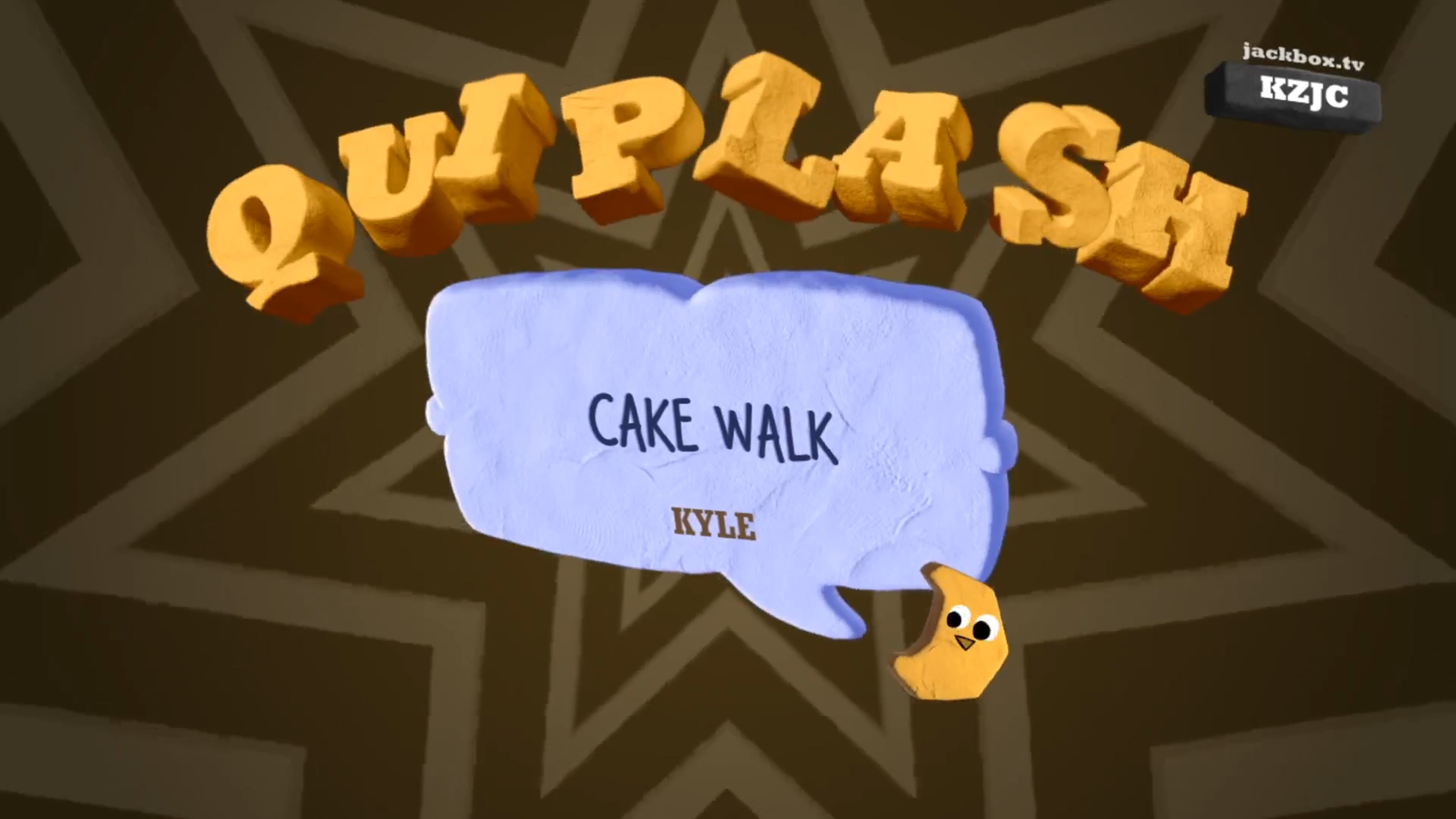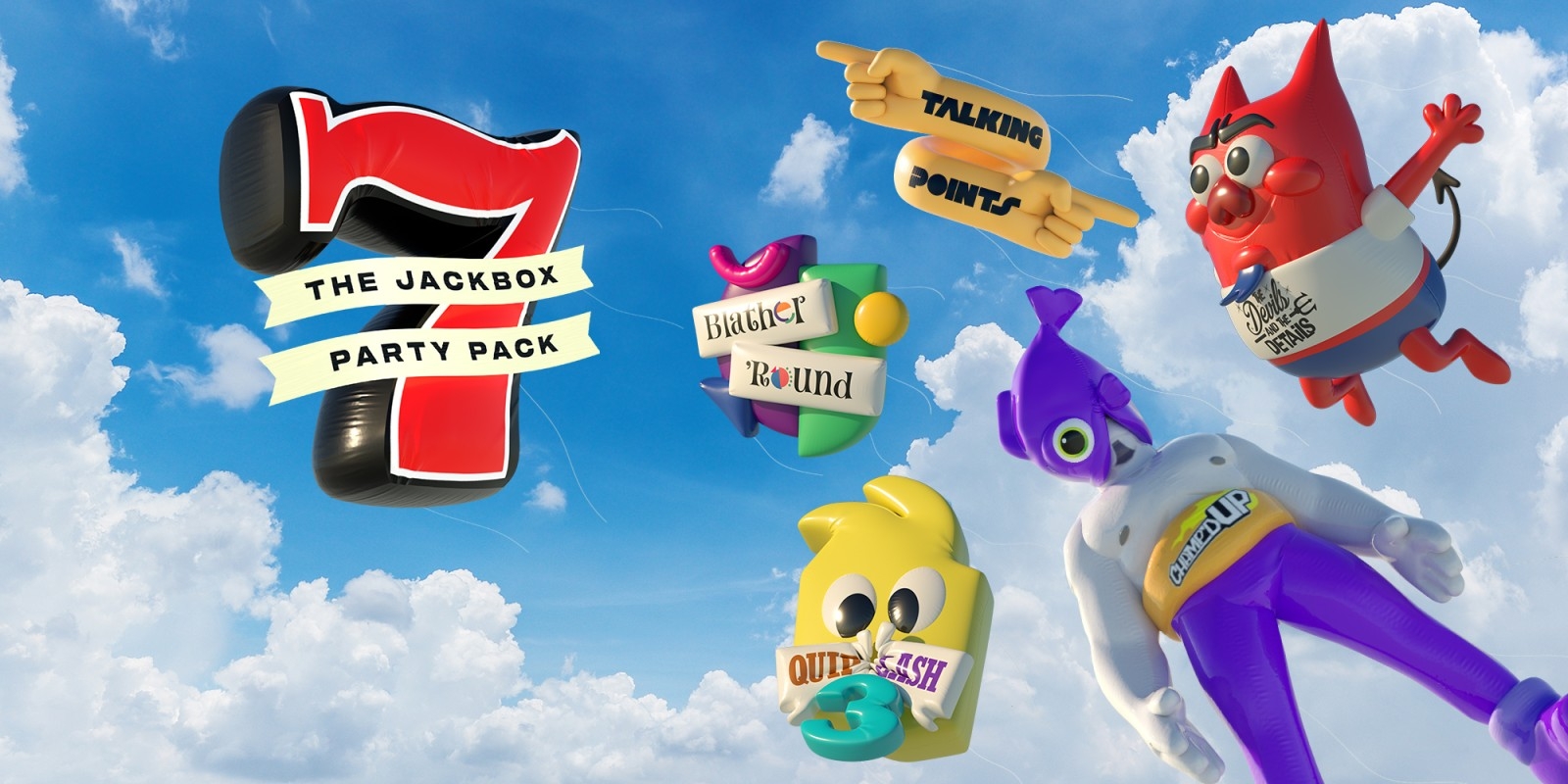


#JACKBOX GAMES 7 SOFTWARE#
A key part of Party Pack games is to streamline the ability for players to get into games, and according to Jackbox Games' CEO Mike Bilder, they spent about a year working on building their servers and software to provide a flexible architecture for the player-side mobile and web interface to expand for any of the games, and to avoid having players download any type of app to get started. Subsequent Jackbox Party Packs have included improvements of existing games, support for more players including the addition of audience participation through the same connectivity approach, better support for content management for streams (as to remove offensive terms in responses, for example), and the ability to create custom games. The company saw this as a new development model that allowed them to provide new packs on an annual basis, play around with different game formats, and provide higher value to consumers over one-off games. This formed the basis of the Jackbox Party Pack, with the first pack released in 2014 including updated versions of You Don't Know Jack, Fibbage, a reworked version of Lie Swatter for its multiplayer approach, and two new games. With the success of Fibbage, Jackbox Games decided that they could offer these games in packs, reworking older games to use the streaming capabilities and adding in new games. Other players would participate by using a web browser or mobile device to connect to the streaming player's game through Jackbox's servers and which to provide their answers. One key game that followed this was its 2014 game Fibbage, which allows up to eight simultaneous players, one of whom can use live streaming or play with people in the same room. Īmong its one-off games including Lie Swatter, Clone Booth, and Word Puttz, generally designed as single player games or played asynchronously with other players. This last version was a critical success, and led the studio to focus on developing similar games, rebranding the studio by 2013 as Jackbox Games. īy 2008, Jellyvision, now named The Jellyvision Lab, saw that mobile gaming was booming, so it created a small subsidiary, Jellyvision Games, to rework You Don't Know Jack, first for consoles in its 2011 version, then for mobile and Facebook users with the now-defunct 2012 iteration. The company focused on developing business solution software, specifically offering software to its clients to help assist their customers for complex forms or other types of support.
#JACKBOX GAMES 7 SERIES#
Though the series had been successful in the late 1990s, Jellyvision had not been able to make the transition easily from computer to home console games, and by 2001, all but six employees of Jellyvision had been laid off.

RELATED: Splatoon 3 Would Be the PERFECT 2021 Summer Title 3.Jellyvision had been well-established for its You Don't Know Jack series of "irreverent trivia" games. The Devils and the Details is a unique take on communication-focused games like Among Us, though much like Blather 'Round, it can sometimes be overly confusing. Sabotages are essential to winning the game, because even though a majority of the game is co-op, there's only one player who can be the head of the family.

These two twists end with players often talking over each other to try and communicate with whoever is helping them with their tasks, or trying to tell other players that someone is doing sabotage. There are two catches: Most of the tasks require vocal communication between players, and performing sabotage tasks will earn points for an individual player. Players have to complete tasks throughout the house in order to gain points for the family, with a certain amount of points required to progress to the next round. Players take on the role of a family of devils trying to disguise themselves as a 1950s sitcom family and blend into a suburban lifestyle. The Devils and the Details is an incredibly unique concept.


 0 kommentar(er)
0 kommentar(er)
